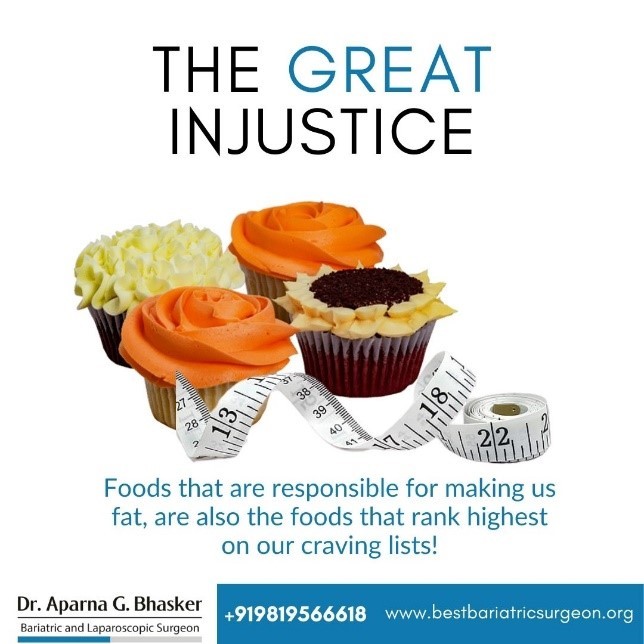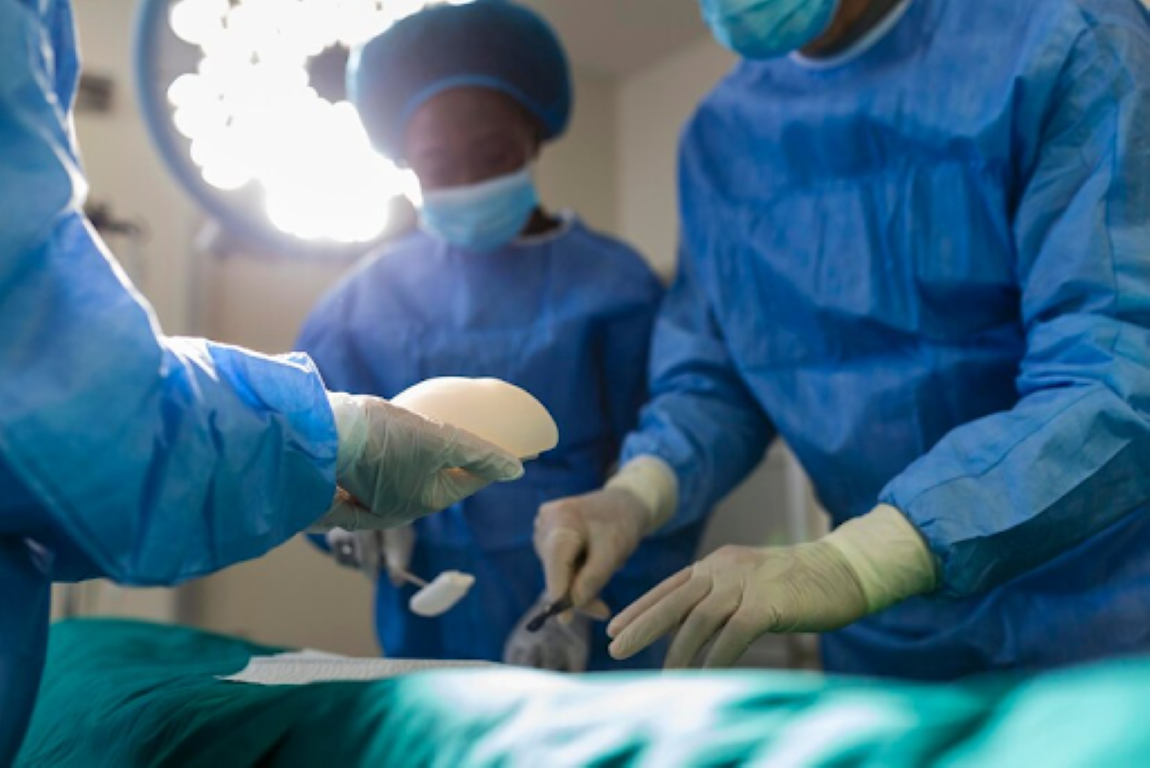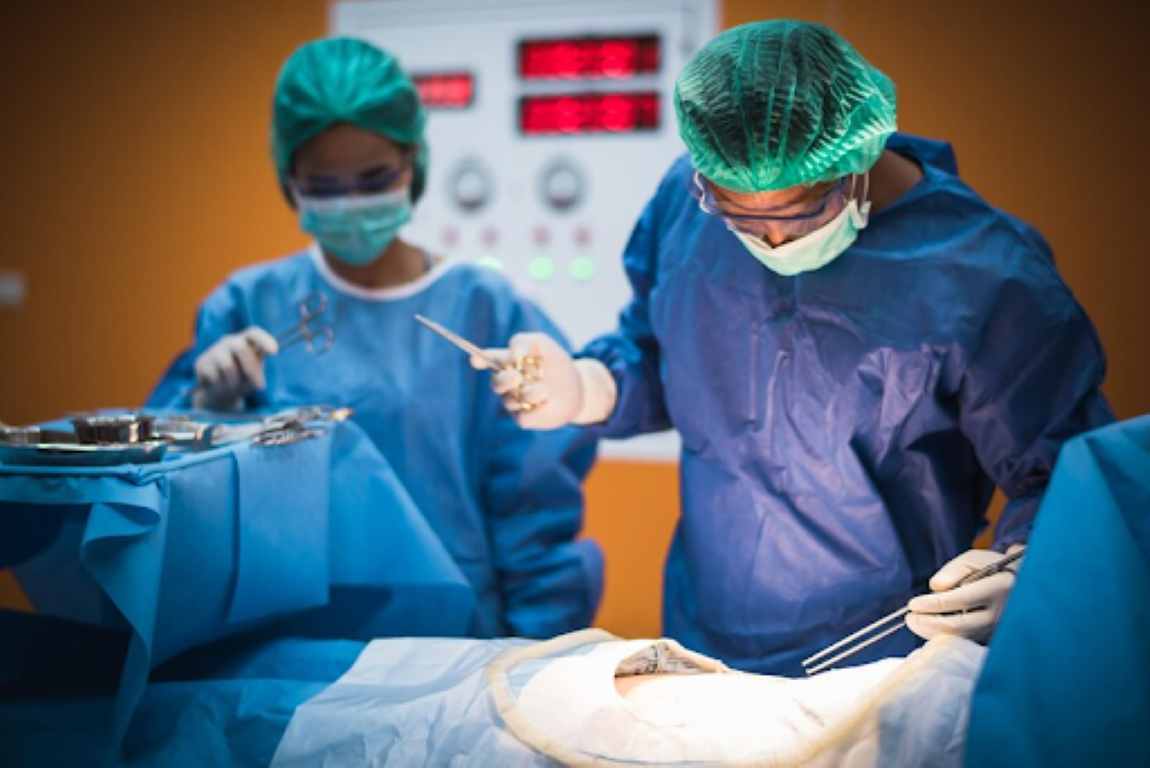What is the role of cholesterol?
Cholesterol is an important part of the structure of cell membranes and gives them strength and flexibility. It also plays an important role in the production of vitamin D, hormones and bile which is required for the digestion of fat. Only 25% of the cholesterol in our body comes from dietary sources. 75% is produced by our liver. When the dietary source is reduced, the liver compensates by producing more cholesterol.
What are the harmful effects of high cholesterol?
Total cholesterol levels in the blood are associated with the risk of developing heart disease in human beings. Heart disease is responsible for almost 17 million deaths every year across the globe. Heart disease is mainly caused due to “atherosclerosis” which is deposition of cholesterol and fibrous material in the wall of the blood vessels. This eventually leads to formation of a plaque. LDL levels known as the ‘bad cholesterol’ increases the risk of heart disease and HDL level known as the ‘good cholesterol’ is considered to be protective for the heart.
Role of dietary cholesterol
Traditionally it was believed that modifications in diet and food intake could alter the blood cholesterol levels and lead to lowering of the risk for heart disease. Hence, there was a lot of impetus on cholesterol lowering diets. But the million dollars question is that- “Is all dietary cholesterol harmful?”
Foods high in cholesterol are meat, eggs and dairy. Research has shown that consumption of cholesterol rich food even in large quantities does not lead to much change in blood cholesterol levels for most people. However,there is a small group of people who may be considered as hyper-responders or non-responders in whom the dietary cholesterol may turn to be harmful.
Amongst the foods rich in cholesterol- eggs, full fat yogurt, organ meat, sardines, shellfish etc are good for health in moderate quantities. In addition to cholesterol they are also rich in other nutrients like protein, iron, certain anti-oxidants, pro-biotics in case of yogurt, omega 3 fatty acids and other trace elements like zinc and selenium etc.
Which are the foods that must be avoided?
The cholesterol rich foods that must be avoided in order to prevent the blood cholesterol from rising are-
- Fried foods– deep fried foods must be avoided as much as possible. Not only are these extremely calorie dense but these also contain high degree of trans fatty acids that are harmful for the health of the heart. Increased consumption of fried food has been shown to increase the risk of obesity and type 2 diabetes also.
- Processed meats– like hot dogs, bacon, sausages etc are associated with a higher risk of heart disease and must be avoided. They have also been associated with higher risk of colon cancer.
- Junk food– intake is responsible for development of many diseases like diabetes, obesity and heart disease. People who consume large amounts of fast food tend to have higher cholesterol levels. Home cooked food is always better and a healthier option than fast food.
- Sweets and sugar– excessive intake of sweets and sugars leads to weight gain and eventually increases the risk of obesity, diabetes and heart disease. Desserts like cake, pastries and even Indian sweets are high in cholesterol and must be avoided. Sugar has also been shown to have addictive properties and hence one must be careful with excessive consumption of sugar.
Diagnosis and management of high cholesterol levels
Most patients with high cholesterol levels do not exhibit any symptoms. The diagnosis is either accidental during evaluation for some other disease or as a part of routine health screening during annual health check-up. In severe cases patients may present with chest pain, dizziness, palpitations, fainting, leg pain, swelling in the leg.
The diagnosis is done by Serum Lipid Profile which is a blood test. The patient must fast for 12 hours before taking this test.
One must consult a physician to seek advice for management of dyslipidaemia. A healthy lifestyle and dietary modifications as mentioned above play an important role. Cholesterol lowering medications may be prescribed as per the current treatment guidelines by the treating physicians.
About Dr. Aparna Govil Bhasker

Read more about Dr. Aparna Govil Bhasker- https://www.bestbariatricsurgeon.org/dr-aparna-govil-bhasker/
Please write in to info@bestbariatricsurgeon.org or draparnagovil@gmail.com & Call/Text/WhatsApp: +919819566618 or +919930922761
Dr. Aparna’s website is- https://www.bestbariatricsurgeon.org
You can read her lovely blogs on- http://www.aparnagovilbhasker.com
Dr. Aparna Govil Bhasker is a visiting consultant at the following hospitals:
- Saifee Hospital, Charni Road, Mumbai
- Gleneagles Global Hospital, Parel, Mumbai
- Apollo Spectra Hospital, Tardeo and Chembur, Mumbai
- Namaha Hospital Kandivali, Mumbai
- Suchak Hospital, Malad, Mumbai
- Currae Specialty Hospital, Thane
- Surya Hospital, Santacruz West, Mumbai
- Hinduja Healthcare Surgical, Khar West, Mumbai
- Apollo Hospital, CBD Belapur, Navi Mumbai
- MGM Hospital, Vashi, Navi Mumbai
Social Media:
- Facebook- https://www.facebook.com/draparnagovilbhasker/
- Linked in- https://www.linkedin.com/in/dr-aparna-govil-bhasker-82836b34/
- Twitter- https://twitter.com/aparnabhasker
- Instagram- https://www.instagram.com/draparnagovilbhasker/?hl=en
- You tube- https://www.youtube.com/user/aparnagovil/videos?view_as=subscriber





